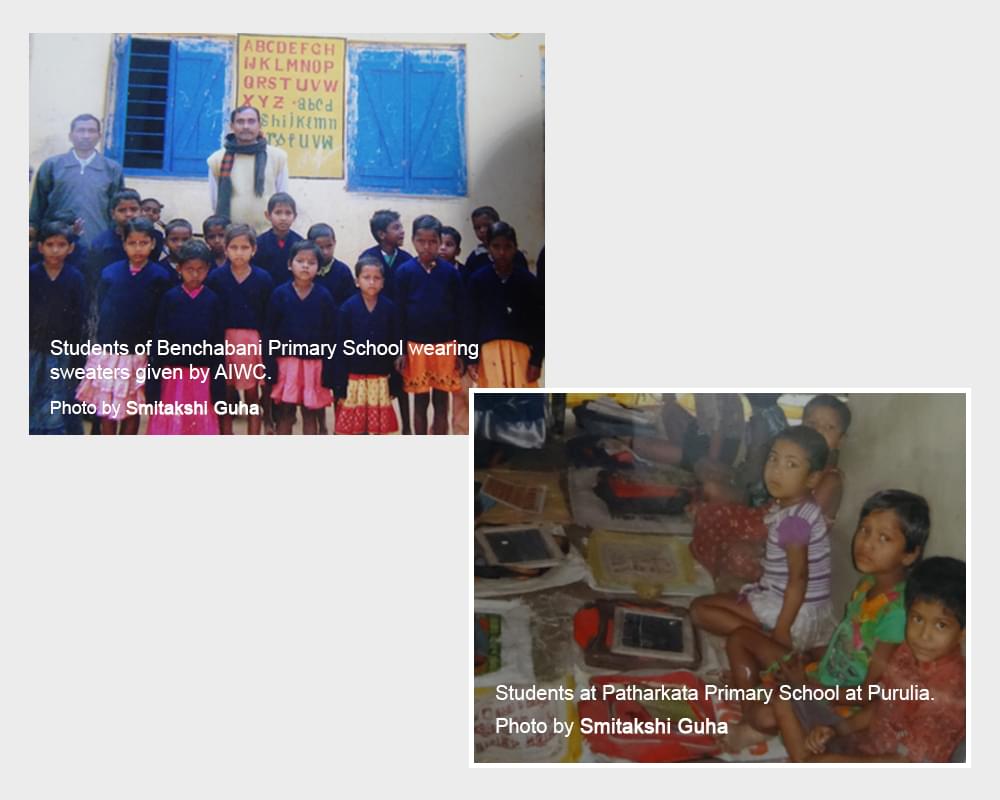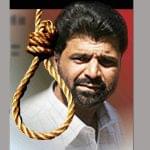More on Indian Minorities
Winter – a Hindrance to Education for the Underprivileged

By Smitakshi Guha
Cool breeze, a sip of hot coffee, misty weather and cozy blankets may be a way of life for many during winter, but for underprivileged children living in the semi urban and rural areas of West Bengal, winter means no school as they don’t have adequate warm covering.
Primary schools in Purulia district of West Bengal are witnessing a noticeable decrease in attendance of students in the morning classes. “We hold classes from morning 8 am and that is the time when it is extremely cold,” says Subhamita Halder, a teacher working at Benchabani Primary School, Hijuri Shyampur, adding, “the attendance in all classes from I to V is usually between 20 to 30. However, during winter, it goes down to around five or nine”. In Purulia alone, other schools facing a similar situation include the Patharkata Primary School and Verrady Shishu Shiksha Kendra.
According to Sarmishtha Basu, secretary, All India Women Conference (AIWC), a non-governmental organization(NGO), students who did not have adequate warm clothes failed to turn up for classes in winter. “When we first went to Howrah, Purulia and South 24 Parganas districts and the schools there, we had planned to distribute blankets among the people. But when we found out that poor students were unable to attend classes in winter as they could not afford winter wear, we decided that we would first give the students warm clothes. We found that only those students who had sweaters were actually attending the classes. Even their sweaters, however, were in poor condition”, says Basu.
The AIWC has now taken an initiative to donate warm clothes like sweaters, mufflers, scarves to students in 20 schools across Howrah, Purulia and South 24 Parganas districts. According to Basu, AIWC has taken this initiative in collaboration with Dibyayan Yoga Research Centre. “The project has borne fruit as there has been a significant increase in attendance for morning classes in these schools”, Basu points out. AIWC, an all-India NGO was set up in 1927 by the Margaret sisters and it was supported by Sarojini Naidu.
According to Shubra Dutta ensuring the right to education for every child is still a distant dream in India. The government, while making primary education compulsory, hasn’t taken any step to deal with such situations where despite having the will, children are unable to pursue their education because of poverty. It is essential that their problems are heard and tackled.
